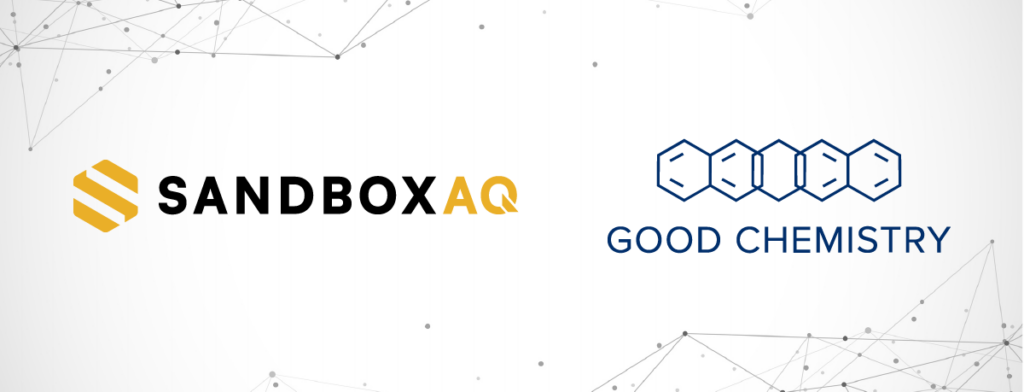Frequently Asked Questions
Computational chemistry leverages computational techniques to predict properties of molecules, complexes and materials in experimental settings. These properties range from basic features (e.g., the geometric structure of a certain molecule) to how materials react with each other and their environment (e.g., how they behave when we shine light on them or what happens if we mix them with other materials).
QEMIST Cloud helps multiple industries accelerate materials, including the chemical industry, pharmaceutical industry, advanced materials, academic research, oil and gas, automotive, and any industry or academic group that studies chemistry for developing new materials/drugs.
You or your organization can easily apply to be considered for the Beta platform. Researchers wishing to run simulations using QEMIST Cloud only need basic knowledge of python in order to leverage its API and execute simulations — regardless of complexity. There is no need to set up different computational chemistry packages or worry about high performance on the platform — QEMIST Cloud manages it all for you in the backend.
